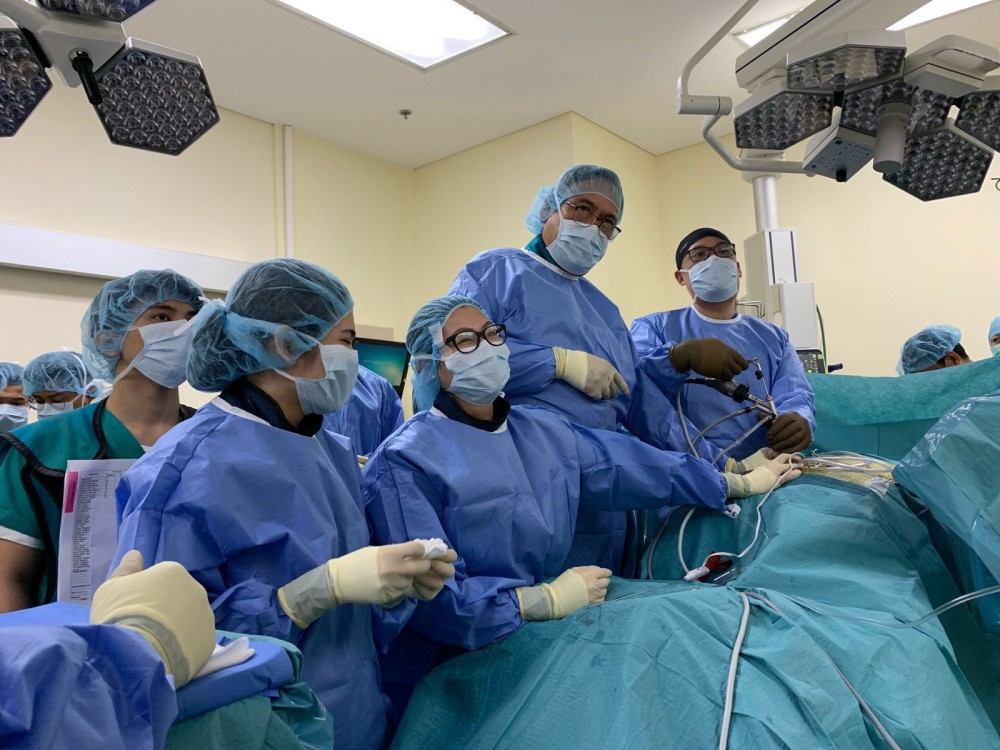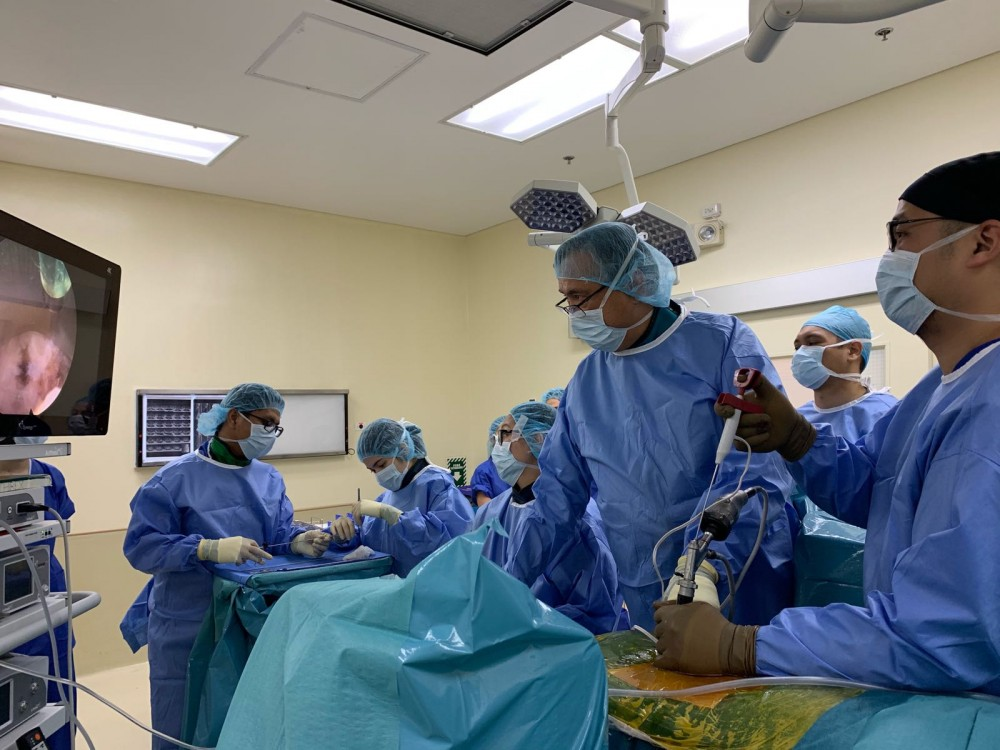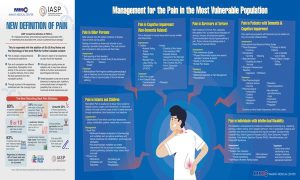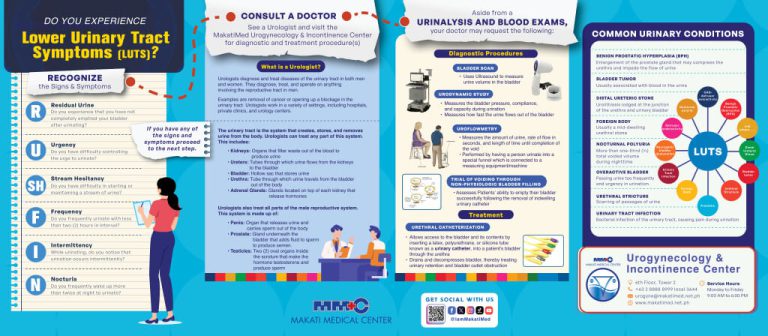The procedure’s benefits include minimal downtime, fast recovery period, and less scarring.
In its ongoing efforts to keep abreast with current surgical trends and provide the utmost in patient safety and satisfaction, top hospital in the Philippines Makati Medical Center (MakatiMed) recently performed the removal of an intervertebral disc herniation (“slipped disc”) from the spine of two patients through a minimally invasive approach using new technology.
The procedure known as PELD (Percutaneous Endoscopic Lumbar Discectomy) saw a team of doctors operate on patients using a new endoscopic system which MakatiMed recently acquired from a German company.
The first two patients who underwent the procedure in February were a mother in her mid-40s and a female athlete in her early 20s. Both procedures, which took less than two hours to complete, were deemed a success by MakatiMed orthopedic spine surgeons David M. Cabatan Jr., MD and Dr. Bruce B. Canto, MD.
Occupational disease. Based on research, the Philippines Statistics Authority (PSA) identified back pain as the most common occupational disease among workers in 2011, 2013, and 2015. Those engaged in manual labor are prone to back pain (34.3 percent or 14,185 cases), as are those in administrative positions and the call center industry (25.6 percent or 10, 581 cases).
A disc herniation occurs when the discs between the bones (or vertebrae) of the spine degenerate due to repetitive stress, and the soft inner gel leaks out into the spinal canal, putting pressure and irritating the surrounding nerves, causing pain, weakness, and numbness in the arms, and legs. Rest, medication, and physical therapy can help ease any discomfort, but when the pain persists even during minimal movements or gets in the way of everyday activities, surgery to remove the herniated disc material is recommended.
Age, certain movements (twisting and turning, lifting heavy objects), and being overweight contribute to the development of a disc herniation.
Benefits. Performed under sedation and local anesthesia, PELD offers a number of benefits over previous surgical approaches to alleviating slipped disc. Unlike traditional techniques, which require doctors to make incisions of 2 to 3 inches on a patient’s lower back and expose and retract the spinal cord to get to the disc area, PELD needs an incision of a little less than a centimeter for doctors to insert the endoscope that will guide them to the herniated disc.
“A smaller incision means lesser chance of infection, minimal blood loss and post-surgical pain, and faster recovery time for the patient because we work through less muscle and remove less bone,” says Dr. Cabatan Jr., who pioneered lumbar microdiscectomy, or the removal of slipped disc through small (2 to 3 cm) incisions since 1989 in the Philippines.
“Disc herniation is one of the most common problems of the spine.” says Dr. Canto. “And there is finally a less traumatic way to treat it.”
Training. Drs. Cabatan Jr. and Canto, as well as fellow MakatiMed orthopedic surgeons Anne Kathleen Ganal-Antonio, MD; Ana Rosario Merceditas Sta. Ana-Famador, MD; and Agripino Beng A. Javier, MD flew to Germany to undergo theoretical and surgical training for PELD. “But even before that, as early as 2018, we were already taking courses for lumbar spine endoscopy both here and abroad,” says Dr. Cabatan Jr.
“We’ve been attending the recent global spine conferences in Singapore, Germany and even just last year in our own country, and the trend is really headed towards minimally invasive procedures for the spine,” avers Dr. Canto. “While open surgery offers the same clinical results as PELD, ultimately, it’s all about patient safety and satisfaction. When you tell a patient ‘You can get up the next day’ or “You can go back to work in a few days,’ it’s definitely a big advantage.”
For people experiencing back pain or those who have disc herniation, there’s hope to alleviate your pain through MakatiMed’s newest minimally invasive back procedure.
For more information, please contact MakatiMed On-Call at +632.8888 8999, email [email protected], or visit www.makatimed.net.ph.












